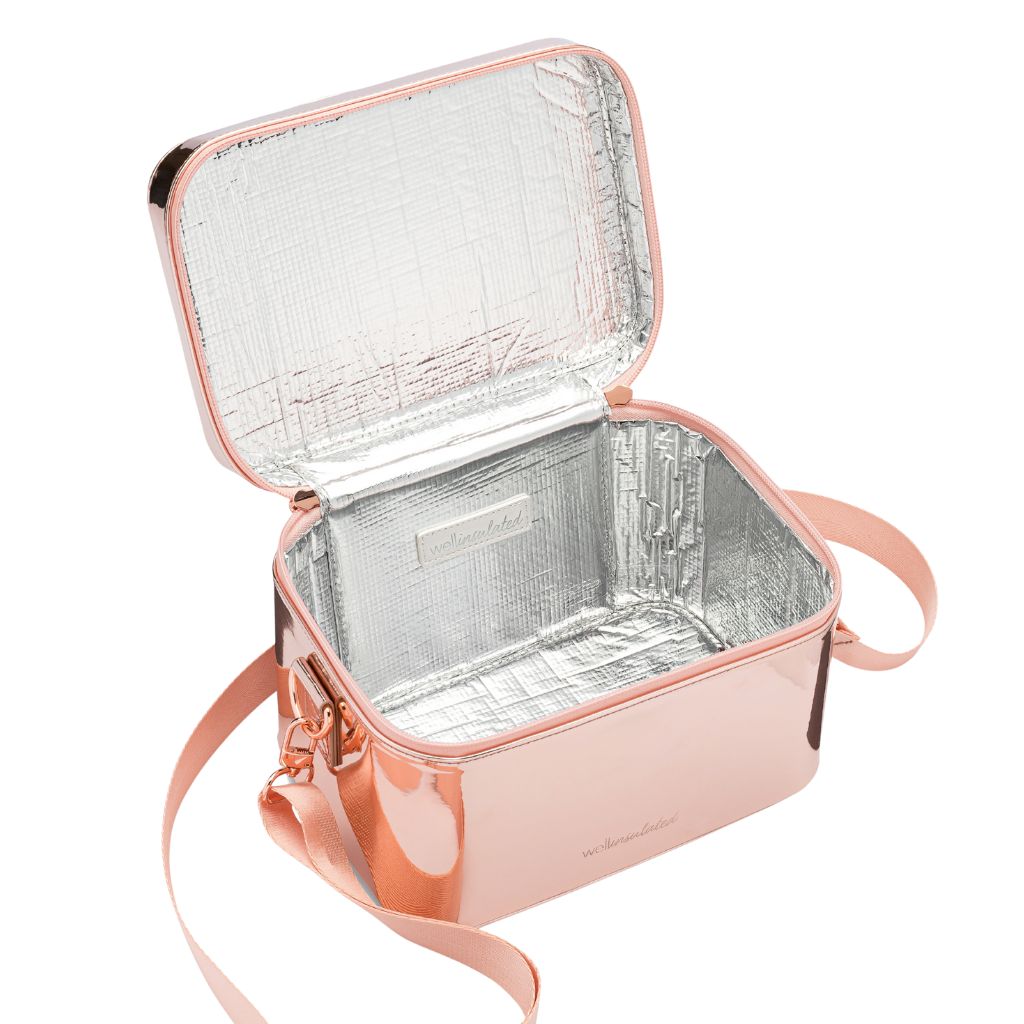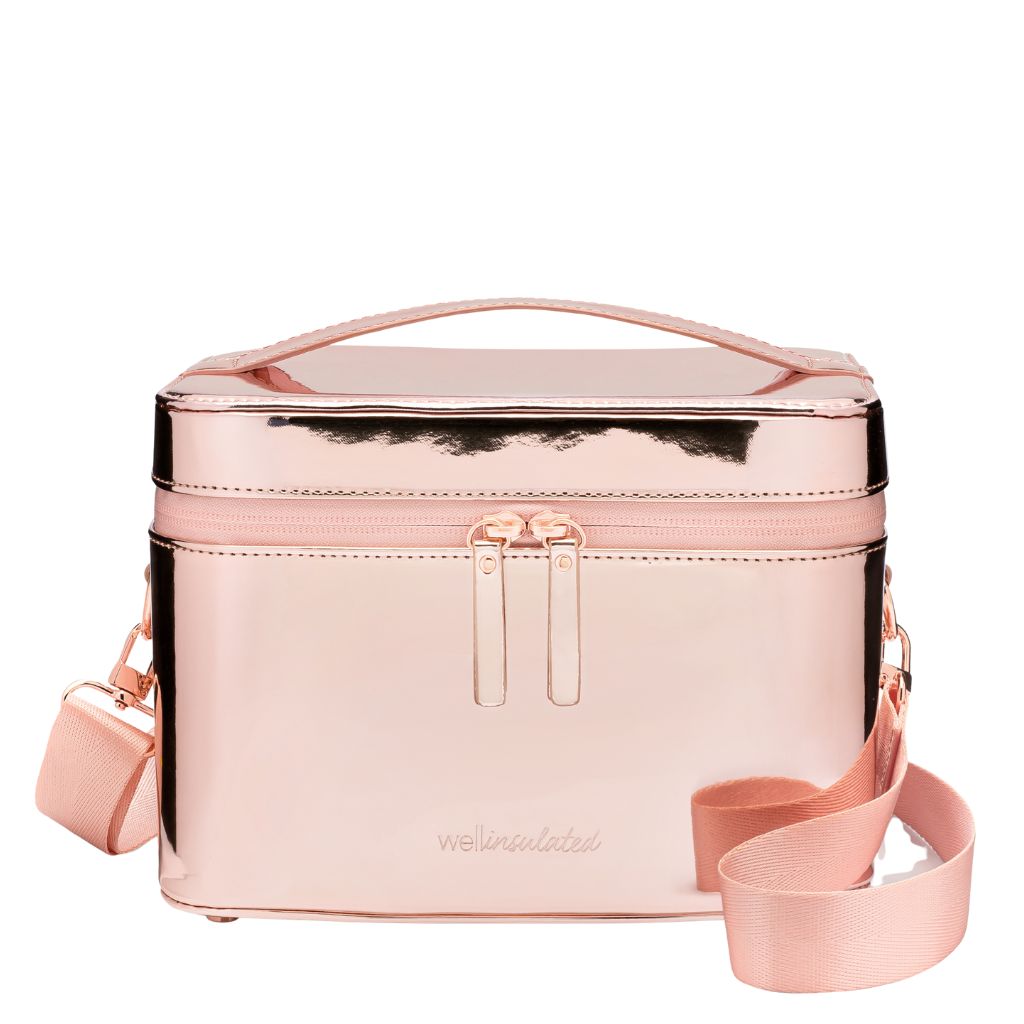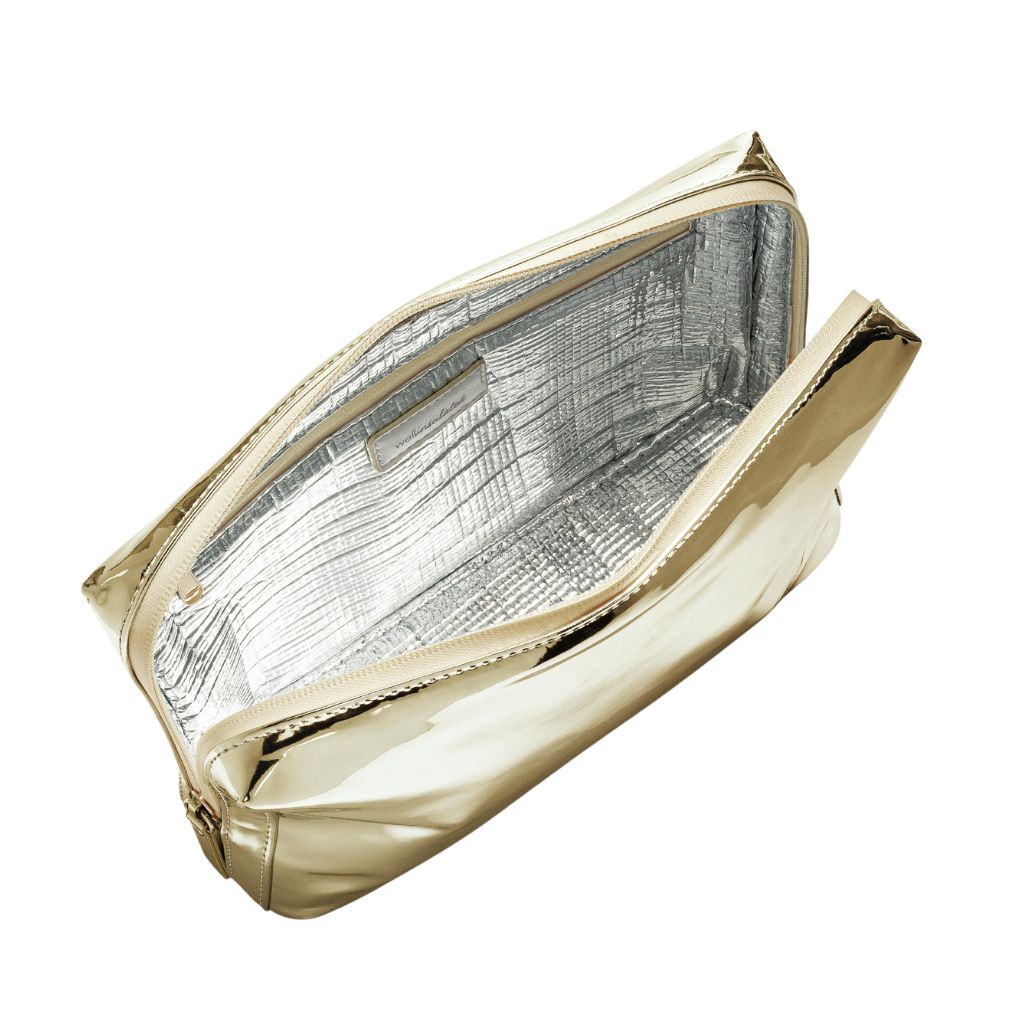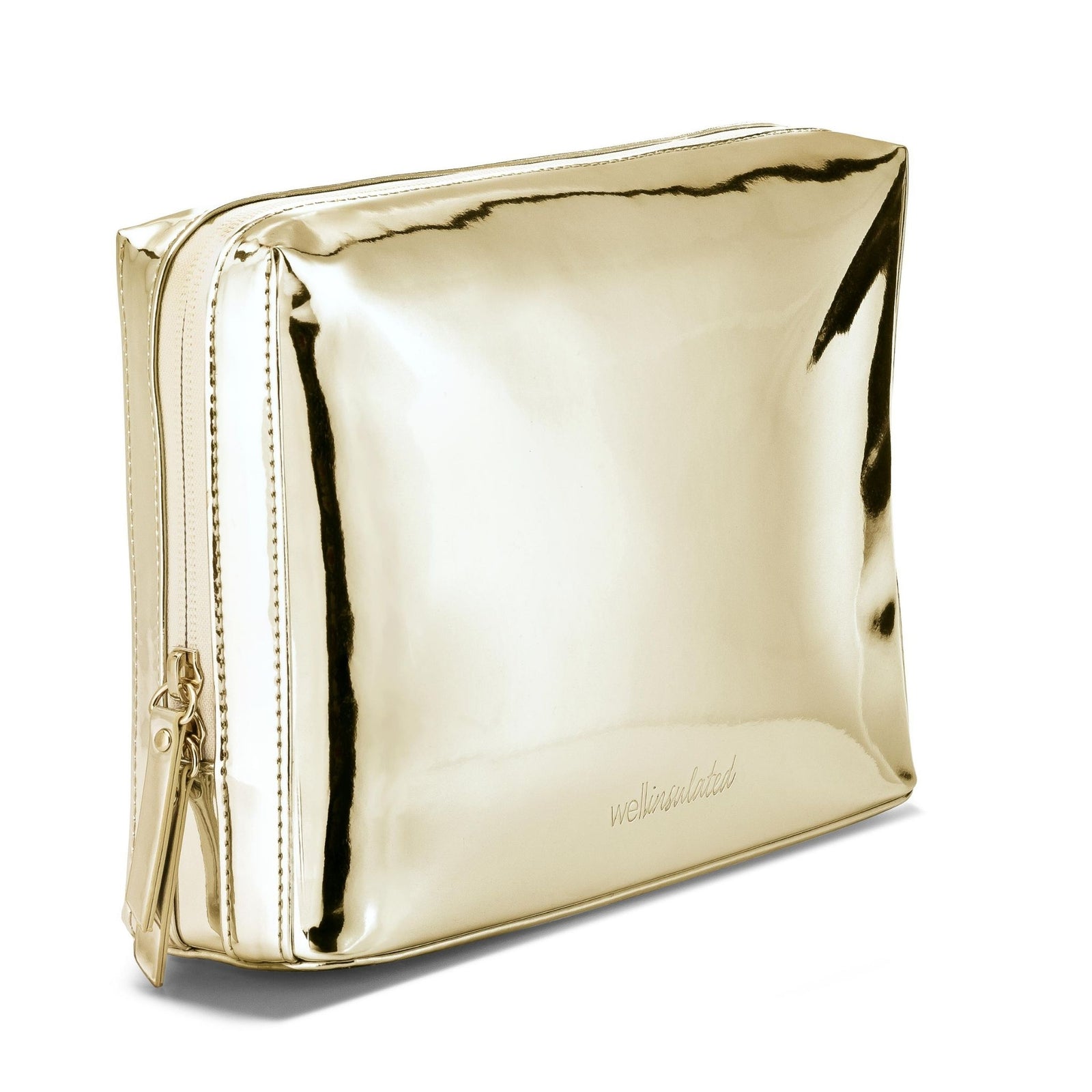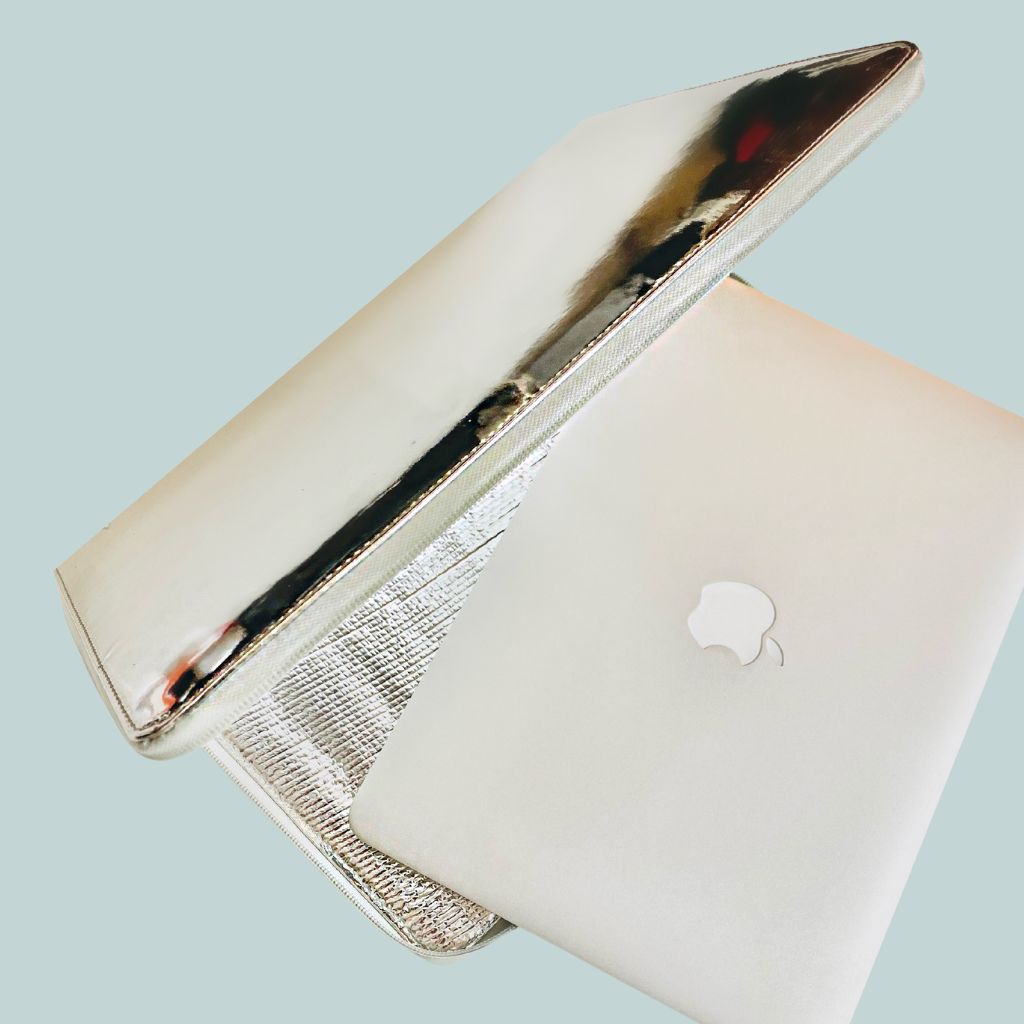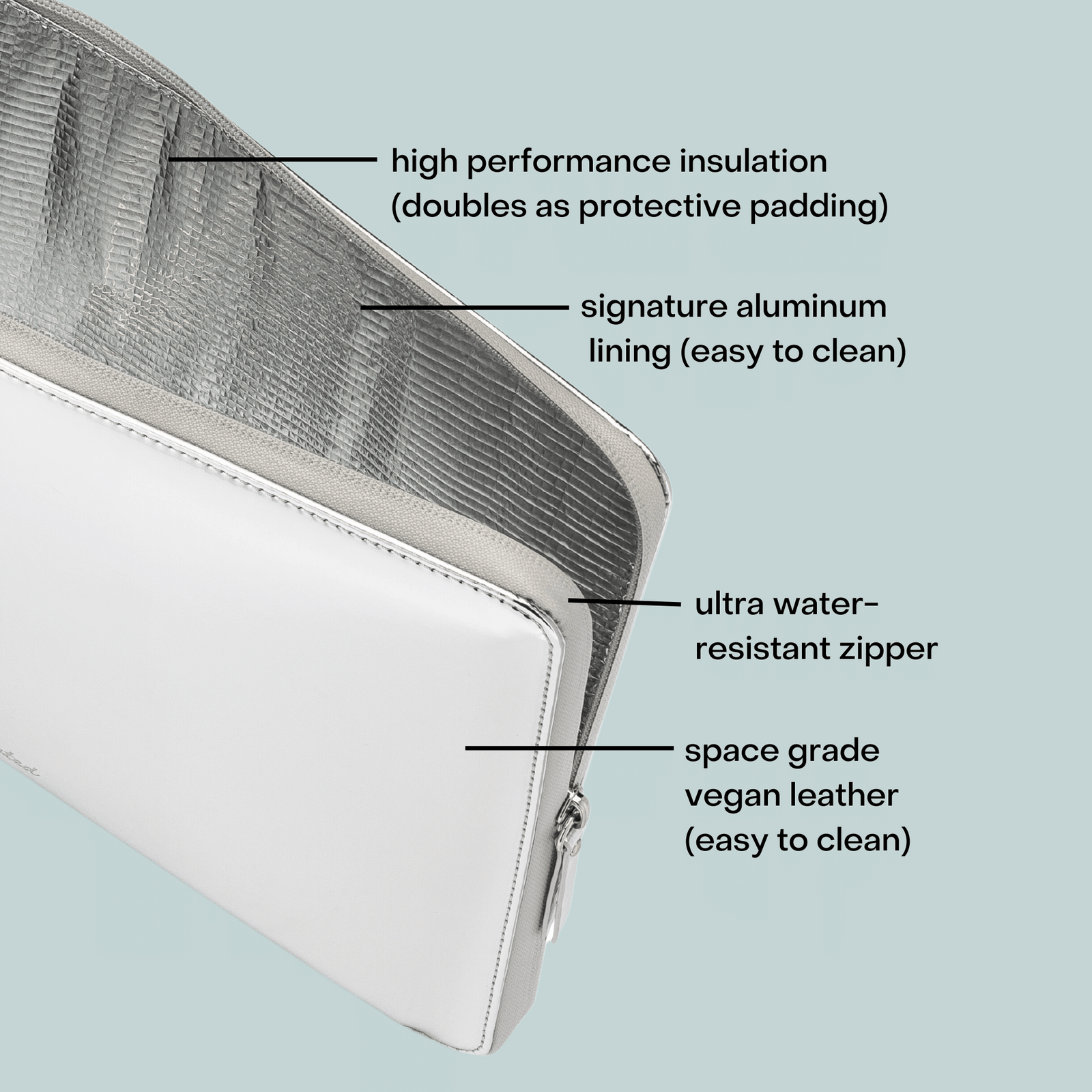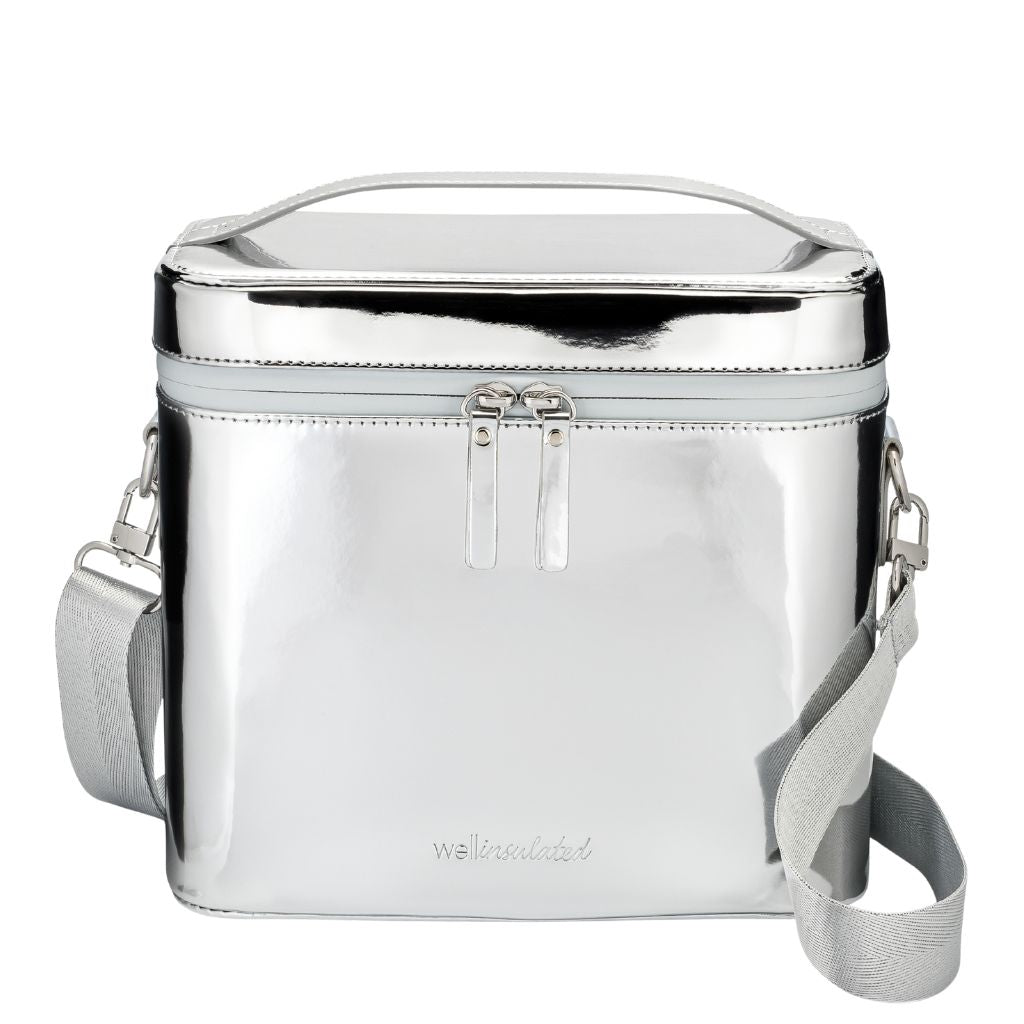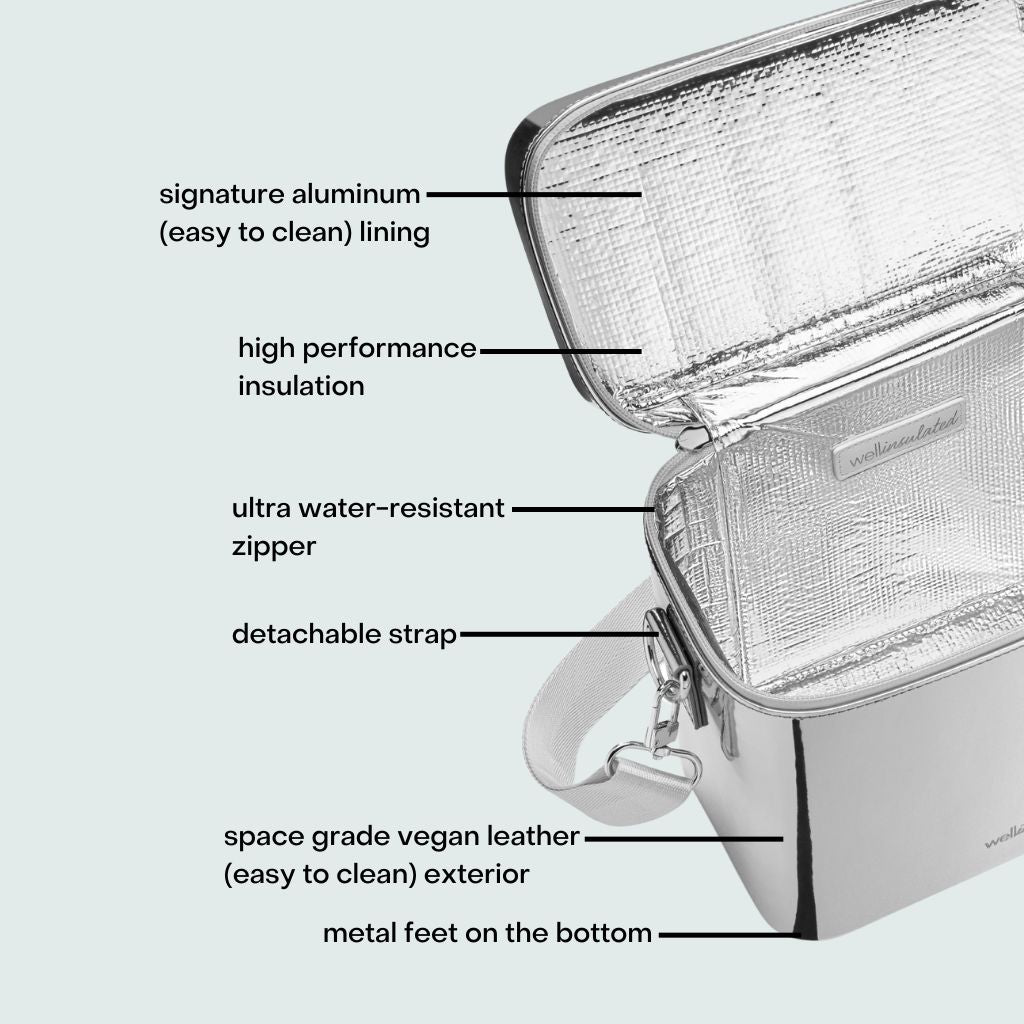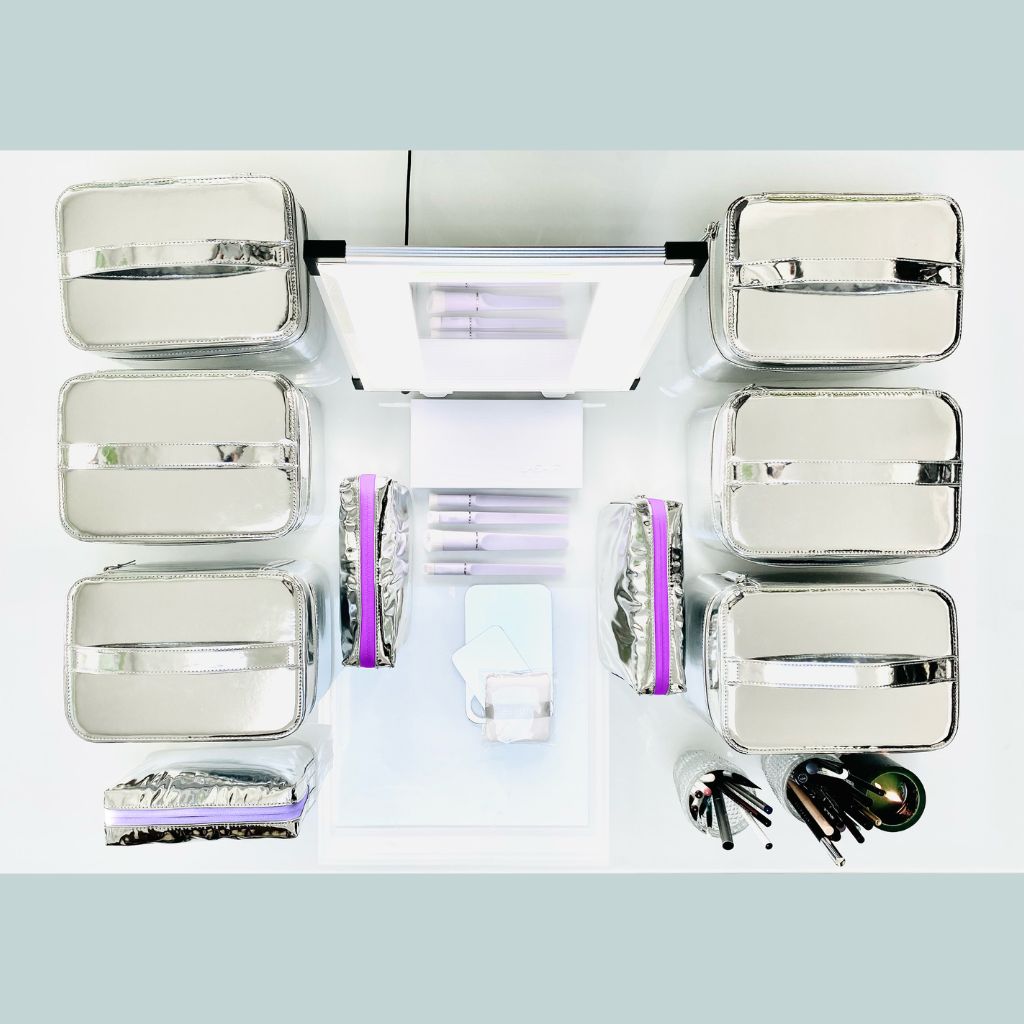Sunscreen can expire long before its stated expiration date if you aren’t storing it properly, and what makes this so dangerous is that the only way you’ll know your sunscreen has expired early is a bad sunburn.
Follow these tips to maximize the shelf life of your SPF.
STORAGE MISTAKE #1: STORING SUNSCREEN IN THE CAR
Most sunscreens are unstable at high temperatures (pretty ironic, huh?).
According to dermatologists and cosmetic chemists, sunscreen should be kept at temperatures below 77 °F to keep it working properly, and the inside your car can reach 200° F very quick on a hot day, especially when the sun is beating down. "Keeping sunscreen in the heat and exposing it to light will cause it to break down faster," cosmetic dermatologist Dr. Fredric S. Brandt states in an interview with Refinery29. "When sunscreen is stored in a high temperature, the effectiveness decreases, and the sunscreen becomes less stable and reliable. When it gets hot or is stored above 77 degrees Fahrenheit, the potency is destroyed, and the sunscreen will degrade.”
When you apply a degraded sunscreen to your skin, you are not getting the SPF indicated on the bottle and in fact might be applying nothing more than a thick white moisturizer.
“Heat and humidity can accelerate the breakdown of sunscreen,” says Susan Booth, who oversees sunscreen testing at Consumer Reports. “If the bottle is in your car or bathroom, the temperature fluctuations may have affected the product. But if it’s been kept at room temperature, you’re good to go.”
STORAGE MISTAKE #2: STORING SUNSCREEN IN THE REFRIGERATOR
While it might feel good to put on a cold lotion on a hot day, don't do it! Extremely cold temperatures can be just as harmful to your sunscreen as heat because it can cause the formula to separate and become unstable.
STORAGE MISTAKE #3: STORING SUNSCREEN IN THE BATHROOM
One of the most common places to keep our SPF and other skincare products is the bathroom. While it may be the most convenient, it’s also the most deadly for your lotions and potions (sunscreen included). Why?
The temperature in the bathroom changes all the time. Think about all those warm showers you’re taking. They make the temperature rise up, and then it goes back down, and then back up again.
Humidity combined with the constant temperature fluctuation can cause the active ingredient and preservatives in SPF to break down quicker. "Your sunscreen needs to be really uniform in order for it to be effective, because you want it to coat the skin evenly,” cosmetic chemist Ni’Kita Wilson tells Refinery29. "If they're not uniform, then they're holey. Those holes are free access for the UV rays to get directly to the skin."
And don't forget: Heat rises, so the top shelf behind your bathroom mirror just might be the worst spot.
STORAGE MISTAKE #4: KEEPING SUNSCREEN NEAR A WINDOW
If you store your sunscreen next to a window it can force the sunscreen to absorb UV rays between uses, weakening its potency and not protect you as well when it is applied to your body.
Often we don't think twice about where our sunscreen is inside the house - we throw it on the bed when packing, often keep it on our desk or vanity which is often under direct sunlight and often the hottest spot in the house. "Most sunscreens are in opaque bottles and the thing about that is, UVA absorbers work whether they’re on your skin or they’re in a jar. They're absorbing energy," Wilson explains. "So you want them to start working, really, when you put [them] on the skin.” Of course, this isn’t as bad as storing sunscreen in the car as the temperature won’t rise as much but, if you want your sunscreen to work its best and last longer, avoid any place that’s under direct sunlight.
STORAGE MISTAKE #5: KEEPING SUNSCREEN IN YOUR BEACH BAG, GOLF BAG OR GYM BAG
Don't keep your sunscreen in your gym bag - even if it's inside a regular toiletry bag because it’s not protected from moisture or temperature changes. Moisture can build up from exposure in the locker room or from your wet, sweaty clothes or towels. and can easily get inside a traditional makeup bags even when they are zipper closed. If you look at the standard zipper on your makeup bag, you can see that there are small gaps between the zipper teeth - easily allowing moisture in. Similar to heat, moisture can cause instability to sunscreen and possibly even cause mold.





